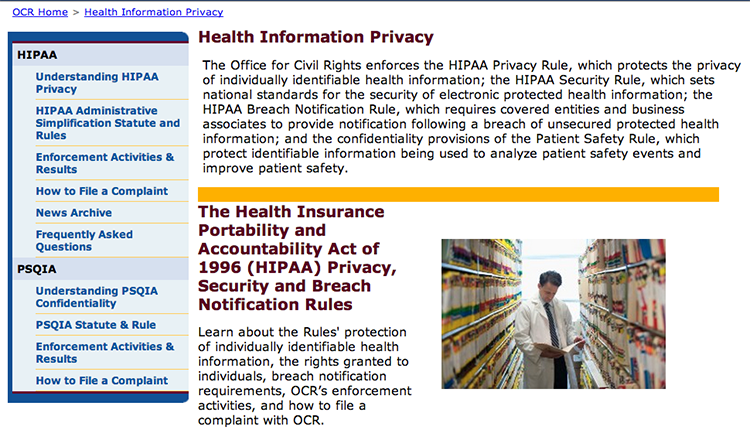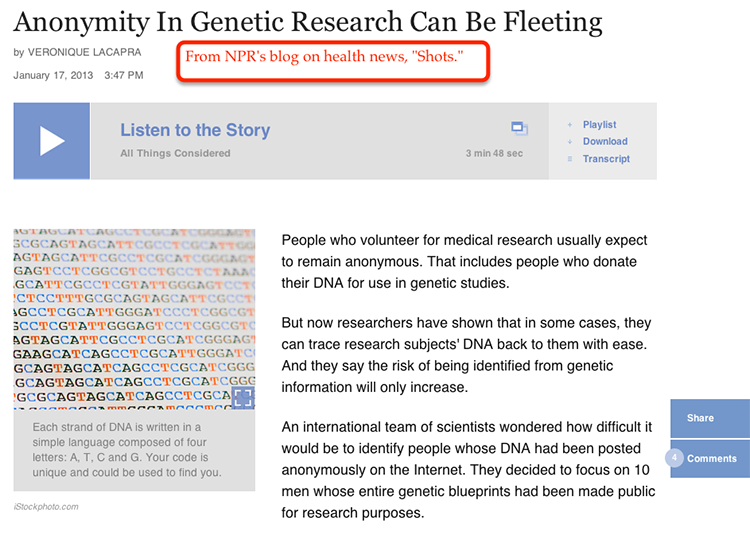Confidential data usually includes personally identifiable information (PII), such as names, addresses, and Social Security numbers - anything that might point to the identity of a person. Health information data, for example, is protected under the Health Information Privacy and Accountability Act (HIPAA), because it is considered private data.

Data collection stemming from human participant research - such as survey data - and thus requiring approval from an Institutional Review Board, or IRB, typically produces confidential data, access to which must be restricted because of PII. Sharing such data would be a violation of both research ethics and human subjects' privacy.
If your research data encompasses any of the above ethics and confidentiality concerns, then you should note these in the DMP. If your project will be generating survey data, then you should also state an intention to comply with Penn State's IRB requirements set by research administration guidelines and policies. Consult Penn State's Human Subjects Research (IRB) site. Review RA 22: HIPAA and Research at Penn State University, or, if applicable, RA 23: HIPAA and the Milton S. Hershey Medical Center and Penn State College of Medicine.

